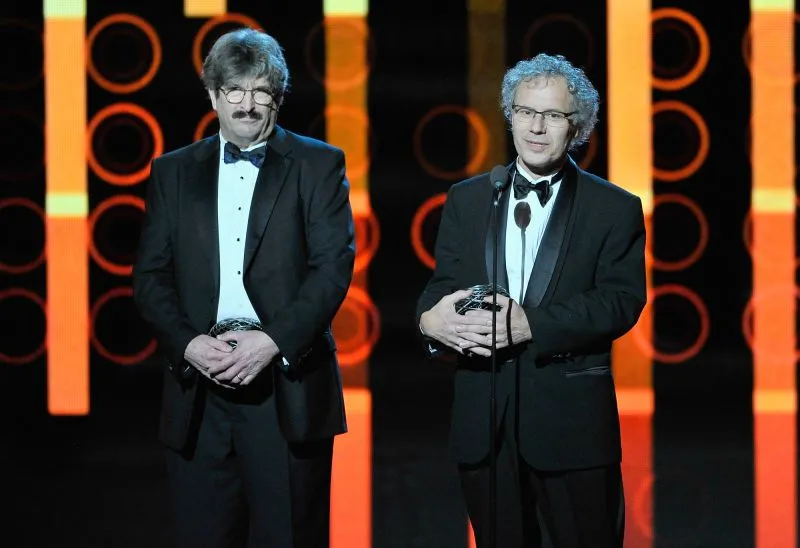Nobel Prize in Medicine Recognizes Victor Ambros and Gary Ruvkun for MicroRNA Discovery

Nobel Prize in Medicine Overview
This year’s Nobel Prize in physiology or medicine has been awarded to Victor Ambros and Gary Ruvkun for their work on the discovery of microRNA, a fundamental principle governing how gene activity is regulated. The Nobel Prize committee announced the prestigious honor in Sweden and praised the American biologists’ groundbreaking discovery, which revealed an entirely new dimension to gene regulation.
Research Contributions
Ambros, a professor of natural science at the University of Massachusetts Medical School, conducted the research that earned him this prize at Harvard University. Meanwhile, Ruvkun performed his research at Massachusetts General Hospital and is also a professor of genetics at Harvard Medical School.
Investigating C. elegans
In their early work, the two studied the genetic makeup of a tiny 1 millimeter-long roundworm, C. elegans. Despite its small size, this organism possesses many specialized cell types, like nerve and muscle cells, which are also found in larger, more complex animals, making it an invaluable model for investigating tissue development in multicellular organisms.
Understanding Gene Regulation
The Nobel committee explained, “The information stored within our chromosomes can be likened to an instruction manual for all cells in our body.” It emphasized that each cell contains the same genes, leading to diverse cell types through selective gene regulation. This regulation allows cells to activate only the relevant gene instructions, ensuring that the correct set of genes is functional in each cell type.
Discovery of MicroRNA
Ambros and Ruvkun's investigation led to the discovery of microRNA, a class of tiny RNA molecules that are essential for gene regulation. This breakthrough illustrated that the human genome encodes over 1,000 distinct microRNAs, revolutionizing our understanding of gene expression control.
A Prestigious Recognition
The Nobel Prize carries a cash award of 11 million Swedish kronor ($1 million), acknowledging the significant contributions made by Ambros and Ruvkun in the field of genomics and cellular biology.
This article was prepared using information from open sources in accordance with the principles of Ethical Policy. The editorial team is not responsible for absolute accuracy, as it relies on data from the sources referenced.